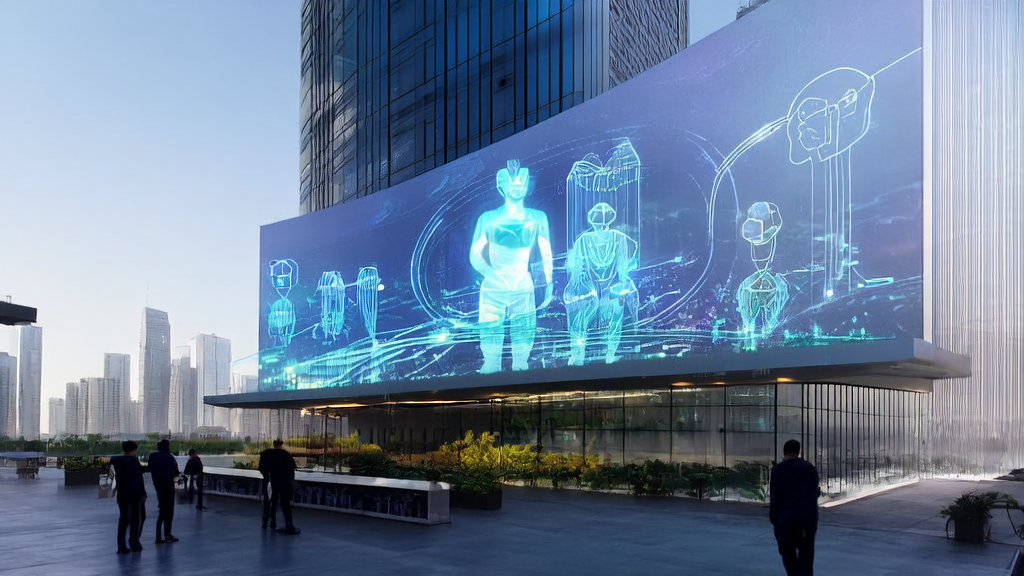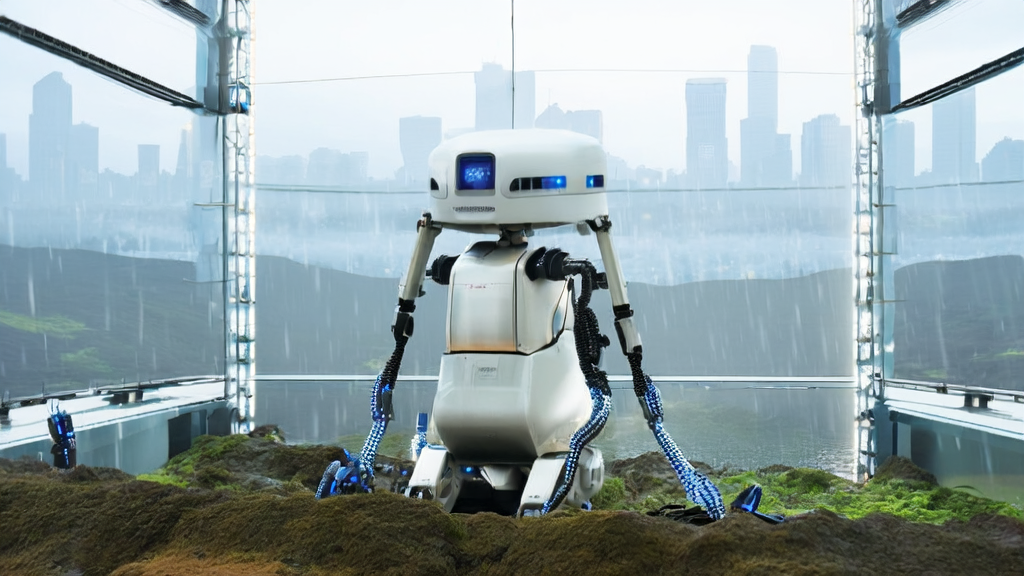
The rapid growth of AI technology, particularly through advanced tools like AI customer prediction models and DeepSeek's recent release of the cost-efficient DeepSeek-V3.2-Exp, offers跨境电商 (cross-border e-commerce) platforms and SMEs (small to medium-sized enterprises) innovative pathways for market competitiveness and customer-focused growth.

AI technology continues to drive transformative change in the cross-border e-commerce industry. Enhanced with tools for precision-targeted ads and advanced data processing capabilities, AI is proving its worth as a powerful tool for e-commerce enterprises. Learn about how businesses can break through their current barriers and ensure sustained growth, with real-world examples of success included here.

This article delves into how enterprises in the Middle East can utilize AI technology to achieve effective customer engagement. Analyzing guidance for governmental AI applications alongside case studies, it uncovers strategies to capitalize on the AI-powered customer acquisition potential.

This article discusses the latest application trends of AI in cross-border e-commerce in 2025, particularly advancements in optimizing ad投放. Through analysis such as KAT-Dev-72B models from Kuaishou, the post demonstrates how enterprises use AI-powered technologies to reach their ideal audience precisely and decrease costs. It also discusses AI's significant impact on global cross-border and B2B businesses.

The rapid advancement of AI technology is revolutionizing our lives and business approaches. This article delves into the applications of AI-driven predictive models in enhancing email campaign efficiencies, alongside an analysis of how new-generation humanoid robots like the Figure 03 are driving innovations in smart home automation. Leveraging detailed case studies and underlying mechanisms, this exploration will highlight growth opportunities in these industries via AI innovation.

AI’s growing prominence brings novel growth avenues for cross-border businesses in 2025. Learn how it enables exact lead retrieval, cost-optimized ad campaigns, and higher engagement, boosting business expansion significantly.

In the age of globalization and digitalization, how to accurately filter valuable clients is becoming an important task for cross-border sellers. With advanced algorithms and deep analysis capabilities, the AI-based client profiling approach has turned out as a key tool for enterprises looking to make more precise selections and reduce inefficiencies.

In the digital surge, leveraging artificial intelligence (AI) in precise customer acquisition becomes crucial. Hangzhou’s Cloud Deep's advanced robotic technologies such as the human-like robot DR02 showcase new opportunities for brand outreach through innovative approaches that target audience effectively and cost-efficiently.

With the advancement of AI technology, AI customer prediction models have become an essential tool for businesses looking to conduct targeted marketing efficiently. These advanced predictive tools analyze vast amounts of data combined with sophisticated algorithms to predict buyer behaviors and identify valuable clients. This article explores its operational mechanics, use scenarios, along with practical implementations, aiming to offer companies insights to grow efficiently and cut down inefficiency.

The emergence of AI client prediction models presents a critical advancement in enhancing conversion accuracy and decreasing inefficiencies in cross-border client targeting. This piece dissects these systems' function and application using case studies to highlight ROI improvements while addressing recent privacy threats like the "AI Girlfriend" debacle.

Leveraging rapid AI advancements, enterprises are transforming client acquisition and competitive advantage with personalized insights. This article discusses practical applications, highlights key innovations from "Time" magazine’s 2025 list, including Unitree's robotics and Huawei’s solutions.